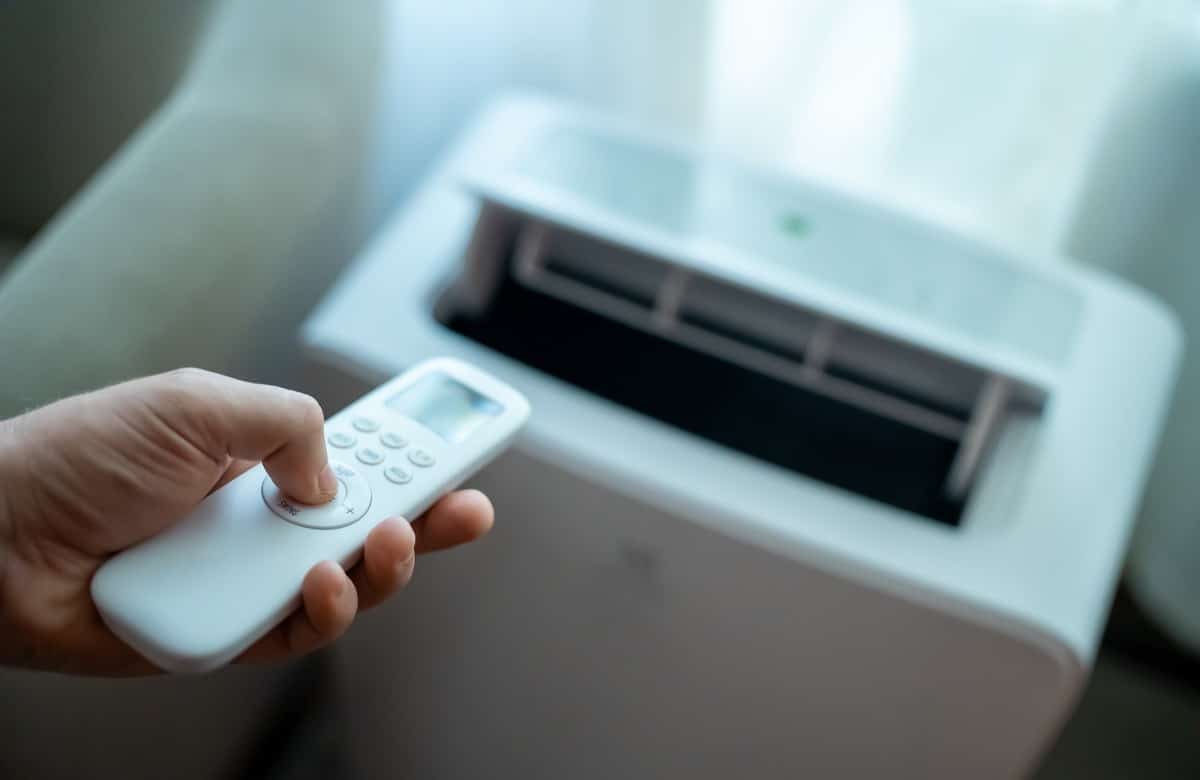Portable Air Conditioner Pros and Cons

When the Texas heat hits its peak, keeping cool becomes a top priority. Portable air conditioners can be a quick solution, but are they the right choice for your home? Let’s break down the pros and cons of portable air conditioners to help you decide if they’re worth it.
Pros of Portable Air Conditioners
- Flexibility: One of the biggest advantages is the ability to move them from room to room. If you need to cool a room quickly, you can easily roll a portable AC unit to where it’s needed most.
- Ease of Installation: Compared to central air conditioner systems, portable AC units have a much simpler installation process. There’s no need to hire a professional or make significant modifications to your home.
- Cost-Effective: If you’re not ready to invest in a full central ac system, a portable AC is a more affordable option. It’s a great temporary solution or for cooling smaller spaces.
- No Permanent Installation: If you’re renting or simply don’t want to commit to a permanent air conditioning system, portable units are a good choice. They require no permanent fixture or complex setup.
Cons of Portable Air Conditioners
- Efficiency Concerns: When considering how efficient are portable air conditioners, they often fall short compared to other types of air conditioners. They use more energy to cool a space and may not be as energy efficient as a heat pump or central air conditioner.
- Limited Cooling Capacity: Portable AC units are generally designed for small to medium-sized rooms. If you have a large area to cool, you may find that a portable unit struggles to keep up, especially in extreme heat.
- Creates Negative Pressure: One drawback is that portable air conditioners work by drawing warm air from the outside, which can sometimes cause negative pressure in the room. This can lead to hot air being pulled into the space from other areas, reducing overall cooling efficiency.
- Noise Levels: Portable AC units can be noisier than other air conditioning systems. If you’re sensitive to sound or need a quiet environment, this could be a significant downside.
- Ventilation Requirements: For a portable AC to work effectively, it needs proper ventilation. This usually means you’ll need to vent the unit through a window, which can be a hassle in some spaces.
Is a Portable Air Conditioner Worth It?
So, are portable ac units worth it? It depends on your needs. If you need a quick, flexible solution for a specific room, a portable AC can be a great option. However, if you’re looking for a long-term, energy efficient way to cool your entire home, you might want to consider other air conditioning systems like central ac or a heat pump.
The Bottom Line
The pros and cons of portable ac units vary based on your situation. They offer convenience and flexibility but may not be the most efficient or effective solution for everyone. Whether you’re cooling a single room or deciding on a long-term solution, weigh the pros and cons carefully to determine if a portable air conditioner is the right fit for you.
For more advice on heating ventilation and air conditioning options, or to explore different types of air conditioners, feel free to reach out to Bart’s HVAC. We’re here to help you stay cool all summer long!
